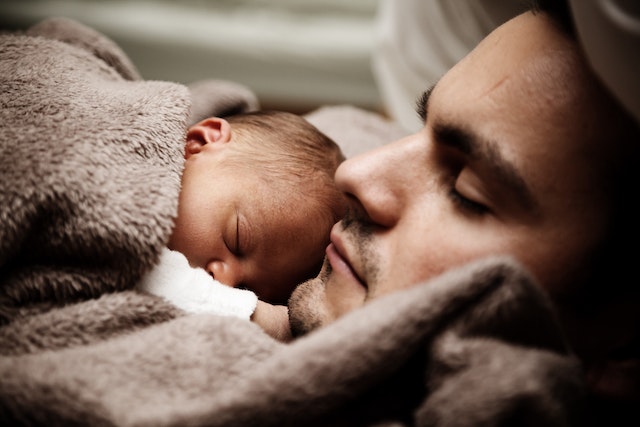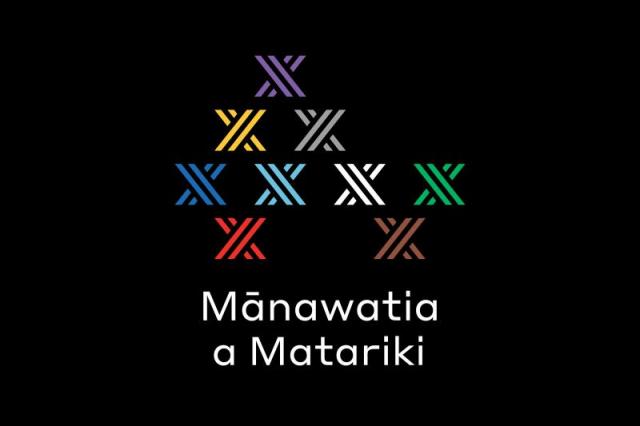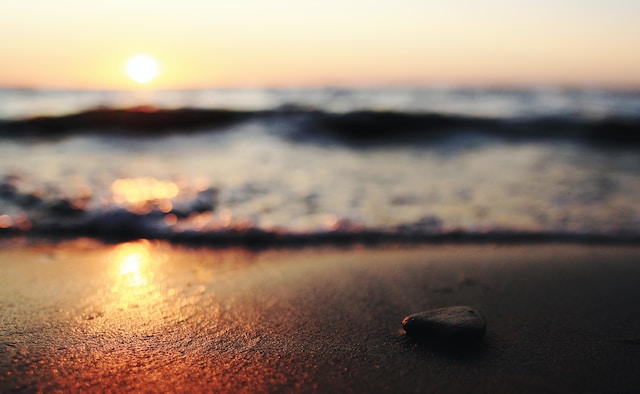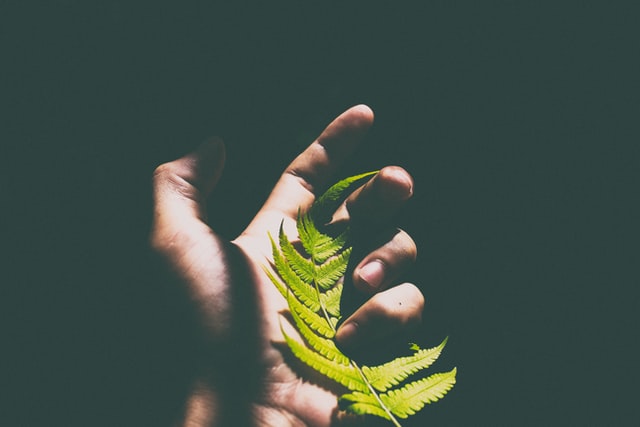Final report released for He Waka Eke Noa: Māori cultural frameworks for violence prevention and intervention
Tue 27 Feb 2024
He Waka Eke Noa final report shares findings on Māori experiences of violence and Māori frameworks for wellbeing, violence prevention and intervention.
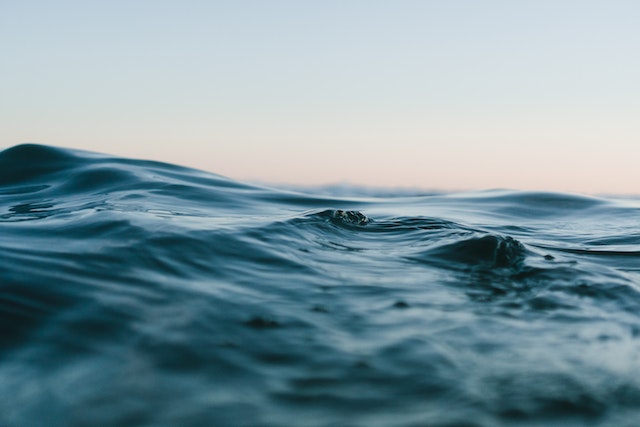
Final report released for He Waka Eke Noa
The much anticipated report from the He Waka Eke Noa project hosted by Tū Tama Wāhine o Taranaki was released late last year — He Waka Eke Noa: Māori Cultural Frameworks for Violence Prevention and Intervention (2023). It follows a conference in Ōtautahi in 2022 and a webinar series reporting on the project last year (videos of each are available).
He Waka Eke Noa has been a groundbreaking Kaupapa Māori project. It is the first comprehensive study of violence centring the experience and expertise of Māori. It is presented in two main parts: whakawhiti kōrero from interviews and hui; and a national survey, which is the first to focus on Māori experiences of violence. Together they confirm the violence of colonising systems and structures, the ways the State harms Māori people and systems, and the potential of tikanga for collective safety and wellbeing.
Iwi and Māori social service providers wanted to better understand the potential of cultural frameworks to strengthen violence prevention and intervention. Kaimahi from a range of Kaupapa Māori organisations (including Tū Tama Wahine o Taranaki, Te Puna Oranga, Te Atawhai o te Ao, Pūrangakura, Māori and Indigenous Analysis Ltd, Te Ara Tupu, Te Whare Wānanga o Awanuiārangi, Kakariki Consulting Limited, Te Whānau o te Rau Aroha Limited and Lalaga Training & Consultancy) collaborated to explore Māori experiences of violence, Māori understandings of wellbeing, the effects of violence on wellbeing, and Māori frameworks for preventing, stopping and healing from violence. The project was funded by MBIE.
The overarching research questions were:
“1. What is the prevalence of family and sexual violence for Māori and how do whānau engage services to support intervention?
“2. How is violence understood within Māori whānau, hapū, iwi and communities and what are the culturally defined understandings and practices that are essential to the implementation of approaches that will strengthen family and sexual violence prevention and intervention?”
The project and report are wide ranging, documenting and contributing to a broad foundation of mātauranga about violence. The report covers evidence for colonisation as both the context and origin of Māori experiences of violence; the relationships between violence and historical and intergenerational trauma; tikanga and mātauranga for preventing, stopping and healing from violence and trauma; rangatiratanga; and results form the survey of Māori experiences of violence, including violence from the State and from individuals. Key findings drawn from the executive summary (pages 14-20) include:
- “Dominant main/white-stream definitions remain inadequate and fail to consider the impacts of historical and colonial trauma that are experienced as both events and ongoing structures/systems… [A]n analysis of State violence is critical for understanding causal factors – intergenerationally, historically, and today.”
- “Honouring, enacting and upholding Te Tiriti o Waitangi is considered a critical part of the solution to the underlying systemic issues that sustain violence.” “State agencies are instrumental in undermining whānau and the processes for whānau to enact healing.” “The institutionalised structures and systems of racism, sexism, classism and homophobia within State agencies need to be dismantled, counteracted, resisted, challenged and rejected for transformative changes that support Māori wellbeing.”
- “Whānau is the foundation of all structures within te ao Māori and the wellbeing of whānau is critical to the overall wellbeing of Māori.” “The failure to support whānau, to invest in Kaupapa Māori services and eliminate violence in whānau has resulted in a deepening and normalising of inter-generational violence within whānau and communities.”
- “A deep analysis of historical and intergenerational trauma from a Māori perspective must be actively engaged in to understand the origins and reproduction of family violence within and upon whānau, hapū, iwi and Māori communities.”
- “Māori approaches to defining violence include the ways in which violence is a violation of tapu; the transgression and violation of all that is held sacred.” “Family Violence is considered to be the antithesis to tikanga, particularly in regard to how we enact relationships.”
- “Tikanga-based definitions move beyond the act of violence to its wider impacts on all parts of our lives.”
- “The revitalisation of te reo, tikanga and mātauranga Māori provide us with innovative ways to support healing and resolve issues facing whānau, including family violence and sexual violence prevention and intervention measures.”
You can watch presentations from the 2023 He Waka Eke Noa seminar series, and earlier presentations.
Professor Pihama will be speaking about findings from He Waka Eke Noa in the Treaty Based Futures and Anti-Racism 2024 online speaker series. Her talk, He Waka Eke Noa: The Role of the State in Perpetuating Violence on Māori, is scheduled for 1pm on Saturday 16th March 2024. Registration is free.
Related news
Ora: Healing Ourselves - Indigenous Knowledge, Healing and Wellbeing (2023) was listed in 2024 NZ Ockham Book Awards longlist. The book is a collection of writings from Indigenous thinkers and practitioners from Aotearoa and internationally. They look at the effects of trauma on Indigenous peoples across social, economic, political and cultural environments. The book is co-edited by Linda Tuhiwai Smith and Leonie Pihama, who co-authored several chapters. RNZ interviewed Linda and Leonie about the book.
Related media
Survey reveals widespread violence, Waatea News, 15.08.2023
Shirley Simmonds / He Waka Eke Noa National Survey, Waatea News, 14.08.2023
Indigenous knowledge for health and wellbeing, RNZ, 17.06.2023
Linda Tuhiwai Smith: Healing our trauma, E-Tangata, 20.03.2022
Image: Matt Hardy on Pexels




